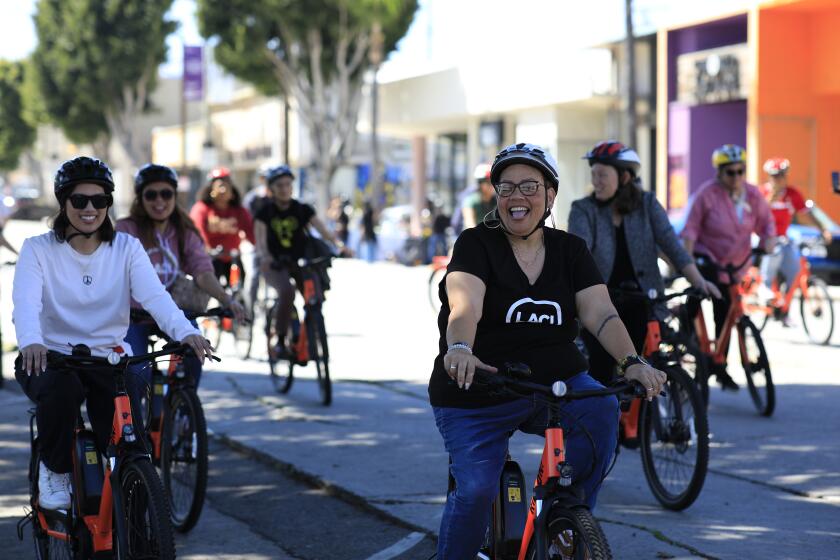Nothing to Smile About With These Cameras
No one can disagree that traffic violators cause problems and should be punished. But the answer is more police officers and not mechanical, camera-based law enforcement.
There are at least four significant legal and constitutional problems with traffic cameras mounted at intersections.
First, a traffic officer who stops an alleged violator issues a ticket that acts as a summons to appear in court. When the alleged violation is caught on camera, a ticket is sent by mail. But mail is often not delivered, or it may be intercepted by a roommate, eaten by the dog, not forwarded to a new address or otherwise not received. There is no guarantee of receipt with a camera-based ticket. This is a violation of due process.
Second, tickets are sent to the owner of the car, who is not necessarily the person who was driving. The burden falls on the owner to prove he or she was not behind the wheel -- a violation of the fundamental American principle that the accused is innocent until proved guilty.
Third, with a traffic officer, the alleged violator is stopped on the spot and has an opportunity to recollect the circumstances of the ticket to defend himself or herself. With a camera, the alleged violator receives the ticket days or even weeks later. In the interim, the alleged violator may forget the circumstances, if he or she was ever aware of them. In fact, the alleged violator may go through the intersection in question many times. It is fundamentally wrong to ask someone to defend against a ticket when there is no opportunity to recollect the circumstances.
When a police officer hands out a ticket, there is no question that it was received, that it was received by the right person and that the person has a chance to mount a defense.
Fourth, cameras mounted at intersections are another incremental invasion of our privacy and, more important, could potentially be used for further invasions of our constitutional freedoms. The cameras not only violate privacy rights and endanger the public welfare in the long term, but they are also unfair to the public.
Californians are known to be particularly sensitive to privacy issues. The state Constitution has an explicit provision protecting privacy rights, which was added by initiative in 1972: “All people are by nature free and independent and have inalienable rights. Among these are privacy.”
The money now used for cameras should be used instead to hire officers who not only monitor traffic but perform other crime-fighting functions. Income from officer-issued tickets should more than cover the expense of the additional officers.



